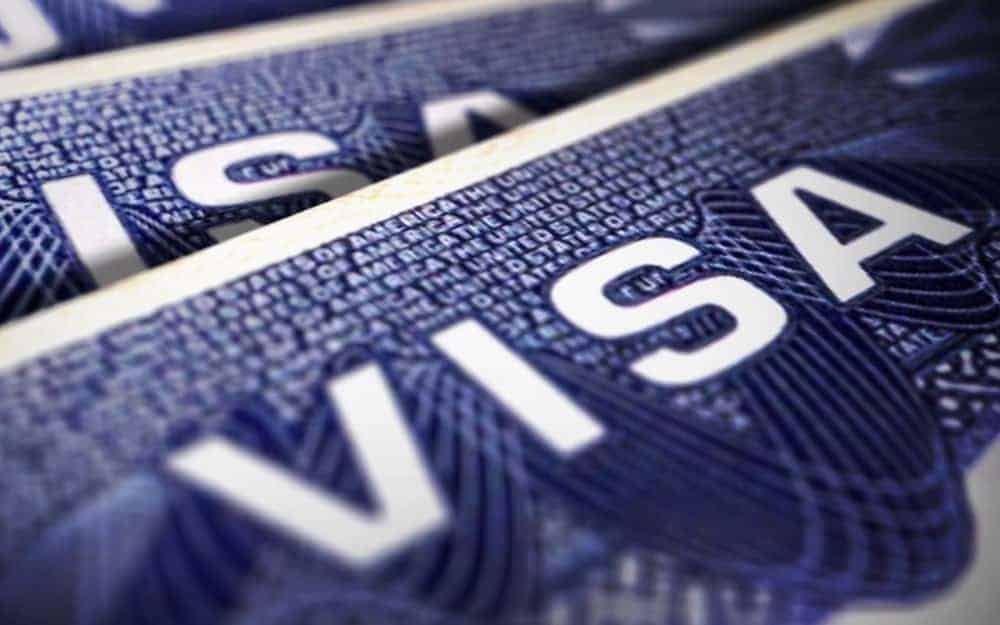In this week's Consulta Migratoria® column, I detail the H-1B visa registration dates and new changes to the registration process.
Here is some general information. Please consult with an immigration attorney for personalized legal advice before beginning any proceedings.
Initial registration period for FY 2021 H-1B visas opens. It begins at 12:00 p.m. ET on Sunday, March 1 through 12:00 p.m. ET on Friday, March 20, 2020. Prospective petitioners and beneficiaries for one of these visas have only these 20 days to file their applications.
The H-1B visa is one of the most popular visas for foreign professionals who wish to work and live legally in the United States. The demand is so great that despite very specific requirements and an extremely competitive process, applications usually more than double the 85,000 visas available.
U.S. Citizenship and Immigration Services (USCIS) will accept petitions until the allotted visas for the fiscal year are exhausted.
This year, there are new changes to the H-1B visa application registration process.
What are the changes in the registration process for H-1B visas?
Individuals wishing to file H-1B petitions, subject to the statutory cap for fiscal year 2021, must first register electronically.
H-1B visa petitioners or their representatives must use an H-1B account. myUSCIS online (only available in English) for:
- electronically registering each beneficiary for the selection process
- pay a fee of $10 for the record sent on behalf of each H-1B visa beneficiary.
Under this new process, petitioners and their authorized representatives will only have to provide basic information about the petitioner and each employee they are requesting.
Each registrant will be assigned a confirmation number. This number will only be used to track the records, not to view the status of the case through Case Status Online.
If necessary, a random selection process of H-1B petitions will be conducted on the electronic records submitted electronically. Only individuals whose electronic records are selected will be eligible to file H-1B petitions subject to the maximum statutory amount.
According to USCIS, the electronic filing process will simplify the process, reducing paperwork and costs for employers wishing to file H-1B petitions subject to the statutory cap.
If sufficient registrations are received on or before March 20, USCIS will randomly select the registrations and send notifications to those selected through users' USCIS online accounts, possibly by March 31, 2020.
Who can initiate the procedure
Remember, only U.S. employers can file, because they sponsor the workers. By law, employees cannot file or pay the costs associated with processing an H-1B visa.
It is important to make sure that the individual is eligible and has all the necessary evidence for an H-1B visa before starting the process.
Please consult with an immigration attorney before beginning any immigration proceedings.
For more information and immigration tips, visit my website at Immigration Today.
Send your questions to preguntas@consultamigratoria.com. Include detailed information about your situation to better answer your questions.
Nelson A. Castillo, Esq. is an immigration attorney and author of La Tarjeta Verde: Cómo Obtener la Residencia Permanente en los Estados Unidos (Green Card: How to Obtain Permanent Residence in the United States). He is a former President of the Hispanic National Bar Association and the Westlake South Los Angeles Neighborhood Council. For information on how to consult with Dr. Castillo, click here. click here.
The purpose of this column is to provide general information. There can be no guarantee or prediction as to what will be the outcome of the information presented by Dr. Nelson A. Castillo. The information should not be taken as legal advice for any individual, case or situation. This column may be considered an advertisement under the Rules of Professional Conduct for attorneys in several states, including California and New York. Consult with an immigration attorney for personalized legal advice before beginning any immigration proceedings.

